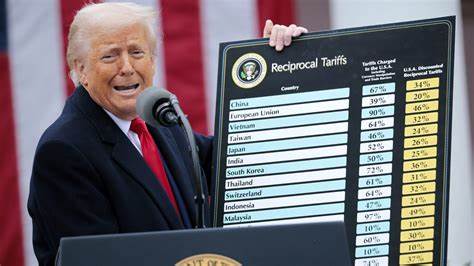The Central Bank of Nigeria (CBN) has disclosed that the money supply in Nigeria rose by N600 billion or 0.93 per cent to N64.9 trillion in July 2023.
According to the financial regulator in its money and credit statistics data, money supply, also known as M2, in the economy was N64.3 trillion in June.
Join our WhatsApp ChannelPrime Business Africa analysis showed that the increase in money supply decelerated in July compared to the N8.8 trillion increase recorded the month before, as the money supply rose from N55.5 trillion in May.
The slowdown in the money supply comes after the projection by the World Bank that the removal of fuel subsidy by President Bola Tinubu will reduce the money supply, as the government’s dependence on credit will drop, as the removal will free up funds for the government.
World Bank also stated that the end of the subsidy regime will prevent Nigeria from having to print more money to fund subsidy payments.
“This is because the subsidy removal creates additional fiscal space and reduces reliance on financing from the CBN, curbing the growth of the money supply,” World Bank said.
Money supply in the economy includes bank deposits, physical currency outside the banks, as well as quasi-money, which is a type of financial tool that can be converted to cash.
A breakdown showed that quasi-money increased from N39.86 trillion to N40.76 trillion and demand/bank deposits dropped to N21.94 trillion, from N22.23 trillion.
Currency outside the bank also decreased, closing July with N2.20 trillion, compared to the previous month’s N2.26 trillion, and physical cash/Narrow money grew to N24.15 trillion, from N24.49 trillion.
Meanwhile, the CBN also revealed that Reserve Money, which is currency reserved by the regulator and other financial institutions for investments, transactions, international debt obligations, and to influence the domestic exchange rate, dropped from N17.71 trillion to N17.37 trillion.
Also, currency in circulation fell to N2.59 trillion in July, from N2.60 trillion in June, while credit to the government increased to N32.30 trillion from N31.23 trillion.


















Follow Us